
What would be an appreciative, but critical perspective on the Chinese lion dance?
It is undeniable that the lion dance contains superstitious elements. For example, the dance is often performed to bring good luck to business owners and to ward off evil spirits. These superstitious beliefs are inconsistent with Christian belief in the sovereign providence of God. Hence, some Christians have expressed uneasiness when they witness lion dances within church premises. It must be acknowledged that these churches sponsor lion dance in their premises as an initiative of good will to build bridges to the Chinese community. Sponsoring lion dances during the Chinese Spring festival or Chinese New Year provides a most fitting occasion for churches to demonstrate the fact that Chinese Christians need not abandon their cultural heritage when they embrace the Christian faith.
On the other hand, one wonders whether these churches may have unwittingly committed religious syncretism, the process where the Christian community uncritically adopts superstitious beliefs which are contrary to the fundamental tenets of Christianity. Continue reading “Redeeming the Lion Dance for the Glory of God?”


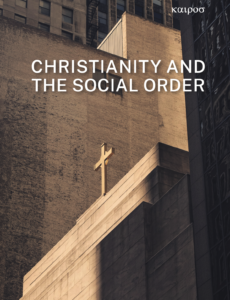

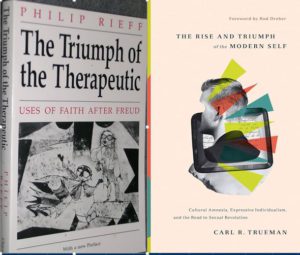 Philosophical and Social Origins of Identity Politics and the LGBTQ Sexual Revolution. Part 3.
Philosophical and Social Origins of Identity Politics and the LGBTQ Sexual Revolution. Part 3.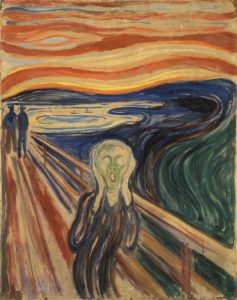 Philosophical and Social Origins of Identity Politics and the LGBTQ Sexual Revolution. Part 2.
Philosophical and Social Origins of Identity Politics and the LGBTQ Sexual Revolution. Part 2.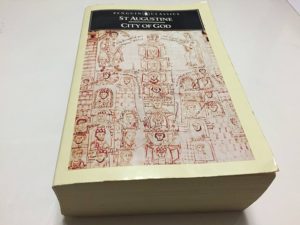 Citizens of two cities
Citizens of two cities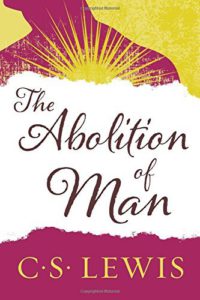
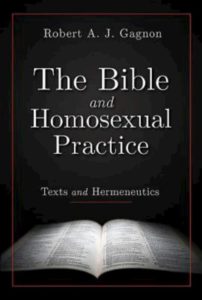 You can view the one hour video at:
You can view the one hour video at: 350 pages, 8.3” x 5.8” x 0.85”
350 pages, 8.3” x 5.8” x 0.85”